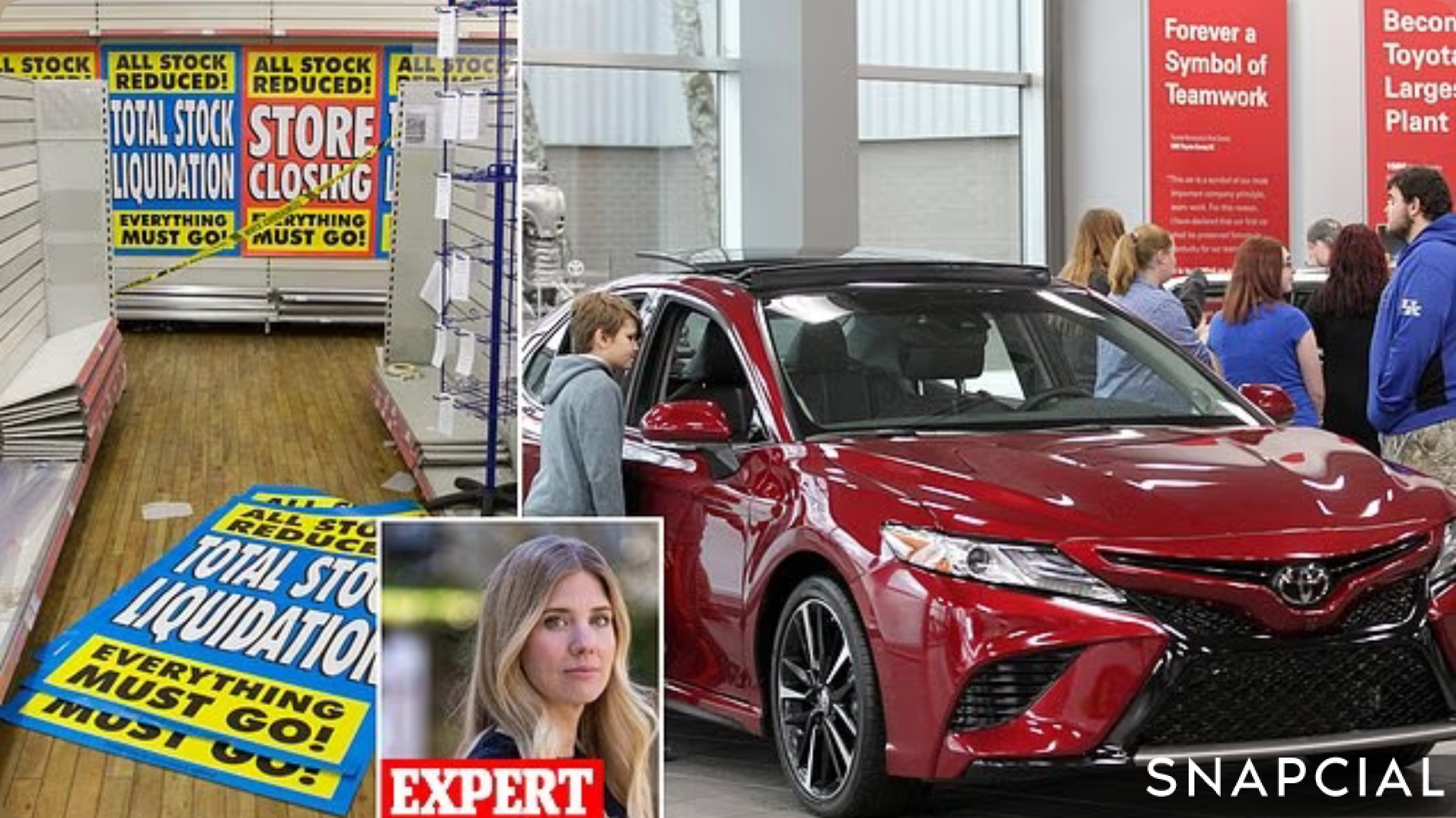NEWS
Auto Giant’s Collapse Sparks Recession Fears: Trump’s Economic Policies Under Fire

The sudden collapse of one of America’s auto giants has sent shockwaves through Wall Street and Main Street alike, reigniting recession fears that echo the haunting memory of the 2008 financial crash. Experts are already calling it the “canary in the coal mine” for a much deeper economic unraveling — one they say is rooted in the very policies championed by former President Donald Trump.
The Warning Signs Were There
For years, economists have warned that Trump’s economic playbook — heavy tariffs, deregulation in key industries, and tax cuts that ballooned deficits — would eventually backfire. The auto sector, already under strain from global competition and the shift toward electric vehicles, became even more vulnerable under policies that drove up costs, cut safety nets, and prioritized short-term stock market optics over long-term stability.
The result? Companies that once symbolized American resilience are now buckling under unsustainable debt, declining demand, and supply chain disruptions that were never adequately addressed.
A Crisis With Familiar Echoes
This collapse is not just about one company — it’s about a system weakened by political choices. Much like the housing market crash in 2008, the downfall of a major auto player exposes cracks across the economy:
- Rising unemployment risks in manufacturing towns already on edge.
- Investor panic spreading beyond autos into banks and consumer goods.
- Consumer confidence plunging, as ordinary families fear another round of layoffs and foreclosures.
Economists warn that unless corrective action is taken, this could be the start of a chain reaction similar to the financial meltdown of 2008.
Trump’s Economic Legacy Questioned
Critics argue that this moment is the inevitable outcome of Trump’s America First economic agenda. Tariff wars with allies and rivals alike raised production costs. Tax cuts disproportionately benefiting the wealthy left the federal government with fewer tools to respond to crises. Deregulation, meanwhile, allowed companies to take riskier bets — ones that are now collapsing under their own weight.
As one financial analyst put it: “This isn’t just bad luck. It’s bad policy coming home to roost.”
The Road Ahead
With markets rattled and communities bracing for impact, the Biden administration faces immense pressure to stabilize the situation. But the broader question remains: how much damage has already been done?
The collapse of an American auto giant should serve as a wake-up call. If the lessons of 2008 taught us anything, it’s that ignoring systemic warning signs in favor of political spin only deepens the crisis. Trump’s economic experiment, once hailed by supporters as a triumph of strength, may now be remembered as the spark that pushed the U.S. economy toward another devastating recession.











